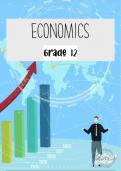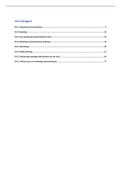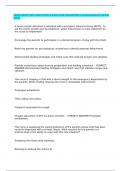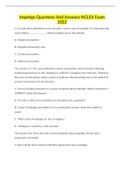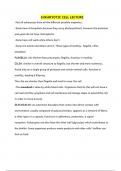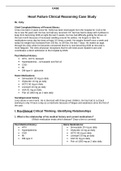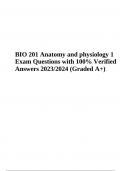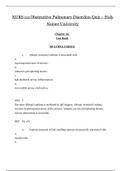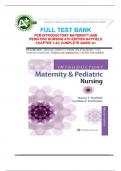Samenvatting
Summary Grade 12_Economics Summaries
- Vak
- Instelling
Get ahead of the game with our Grade 12 Economics Note Set. These colorful notes are the perfect tool to help you prepare for your end of year and take exams. Compliant with both IEB and DBE requirements, and prescribed by ATPS for terms 1 to 4, you will have all the information you need to excel i...
[Meer zien]
